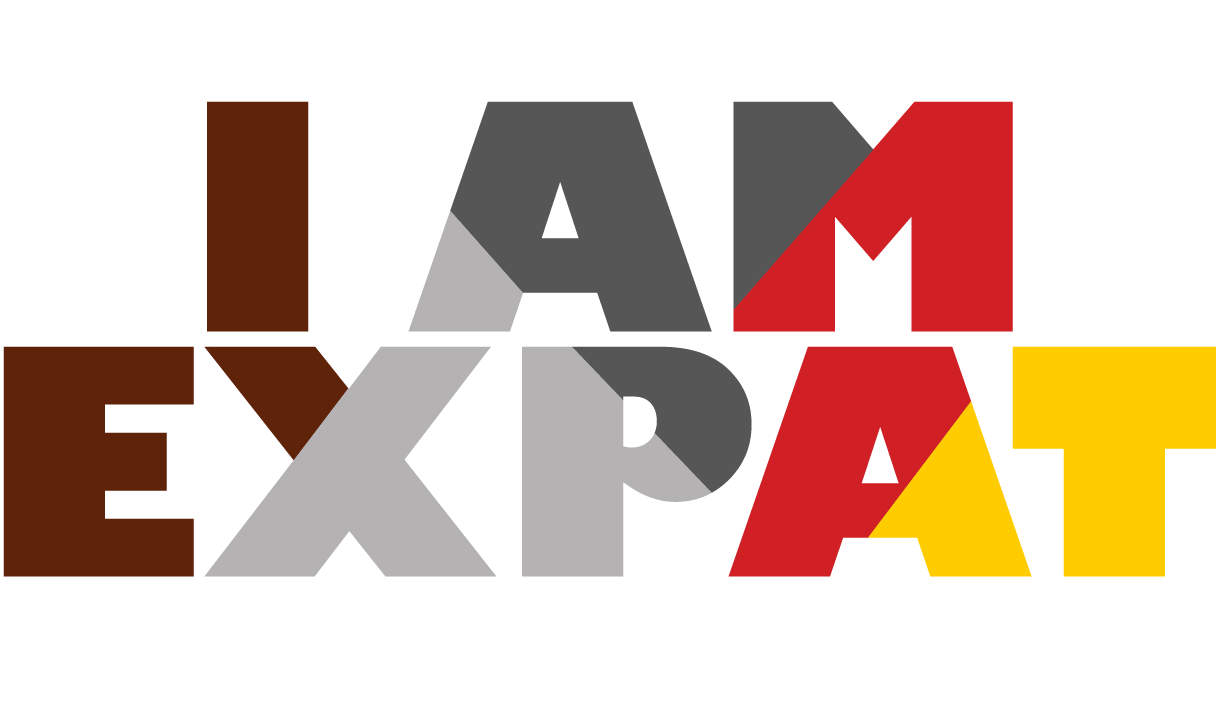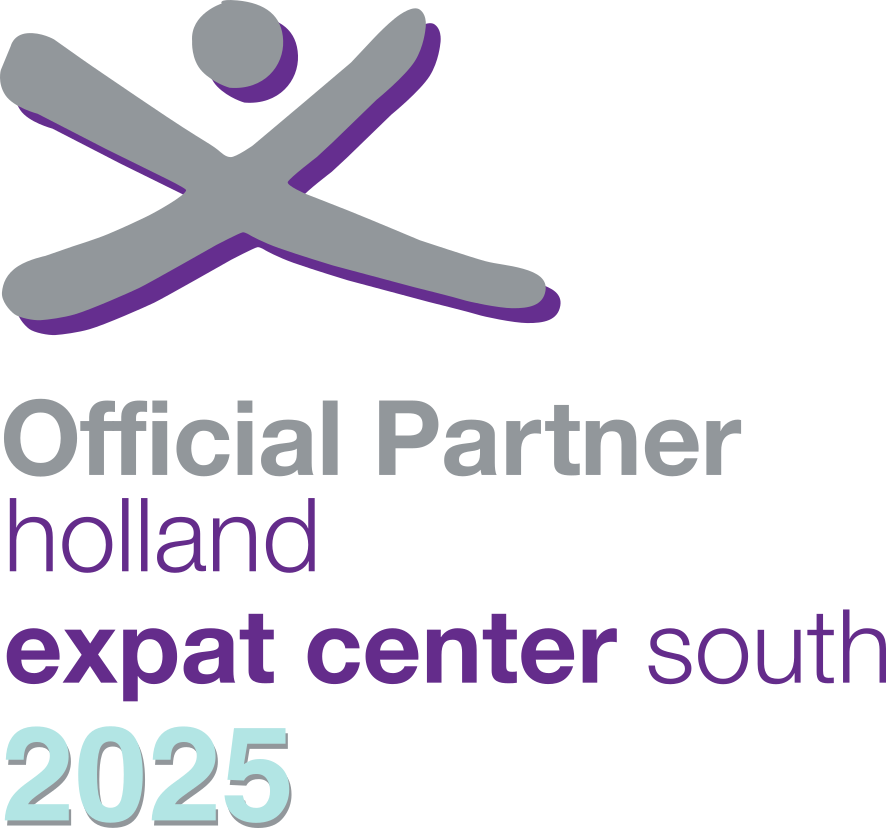30 percent ruling
in the Netherlands
Expats who move to the Netherlands will experience many different costs related to their move to the Netherlands and away from their home country. To help mitigate these costs, and to keep the Netherlands attractive as a country for these expats, the Dutch government has the 30% ruling that allows employers to reimburse their employees for these costs, without tax being due.
Need help or have any questions?
Contact our consultant Roy

Roy
Roy is consultant within Expat Service and helps answer any questions related to using the application and tax advice.

Need help or have any questions?
Contact our international tax advisor Roy

Roy
Roy is consultant within Expat Service and helps answer any questions related to using the application and tax advice.
Benefits of the 30% ruling
The 30% ruling allows employers to reimburse up to 30% of their employee’s wages as reimbursement for their costs of relocating to the Netherlands. The ruling therefore carries a benefit for both the employee as well as the employer. The employee can of course receive a large portion of their salary tax exempted and as the employer, you won’t have to pay the employer part of the social security premiums over this exempted part of the salary.
The 30%-ruling needs to be applied for, before it can be used. The employer and the employee, need to formally agree to apply for this ruling together. Once the application has been sent in, the authorities will review it and issue a statement in which they either grant or deny the 30%-ruling.
The first of these conditions is that the applicant was recruited by their Dutch employer, from outside of the Netherlands. The applicant must therefore, in the 2 years before they started working in the Netherlands, have lived more than 150 kilometers from the Dutch border, for at least 17 months.
The second condition is that the applicant must have a specific expertise. This specific expertise is measured with a salary criterion and in 2025 this criterion is set at € 46.660. This means that after the 30%-ruling has been applied, the applicant needs to have at least a taxable salary of this amount on an annual basis.
For applicants to the ruling, who are below 30 years of age and are in possession of a master’s degree, a lower criterion can be maintained. This criterion is set at € 35.468 in 2025. Keep in mind that these criteria change every year, to correct for inflation as well as changing work fields. If your employees have the 30%-ruling, but their salary in any given year falls below the criteria, then they will lose the 30%-ruling.
Conditions 30% ruling
Steve is consultant within Expat Service and helps answer any questions related to using the application and tax advice.
30% ruling application
In general, the 30%-ruling is a very beneficial but also extremely complicated facility. Navigating the different rules and stipulations regarding the different situations, can be especially tricky.
As experts in international tax law, and therefore the 30%-ruling, we aim to ease this process for all our clients, both employees and employers. Not only can we advise and clarify regarding aspects of the ruling, but we can also take care of the application process.
If you need any information or assistance regarding the 30%-ruling, please feel free to contact us and we will be able to help with any need you might have for our services.
Trustindex verifies that the original source of the review is Google. After two tax applications, I’m certain I will also continue here. Very user-friendly and self explanatory tax application platform, straightforward process and even when something got in the way, assistance was offered immediately and issue resolved. Prices are also expat-friendly. Definitely recommend!Posted onTrustindex verifies that the original source of the review is Google. I booked a 30-minute advisory review with Ilyaas Hassan to discuss Box 3 taxes. Ilyaas explained the tax rules clearly to me in English using hypothetical examples, and furthermore answered all my questions thoroughly. No reason why he does not deserve a 5-star rating!Posted onTrustindex verifies that the original source of the review is Google. Expert, Reliable, and Supportive Tax Advice My situation was complicated with properties abroad and the ending of the 30% rule. They clarified all my doubts and showed deep knowledge in tax matters, which ultimately saved me a lot of money. I’m especially grateful that they worked over the weekend to ensure my tax returns were completed and filed before the deadline — I truly appreciate the extra effort. It’s reassuring to work with such a reliable, knowledgeable, and responsible team. Thank you again!Posted onTrustindex verifies that the original source of the review is Google. As a first time expat in the Netherlands, I had no idea what to do. These people made the whole process surprisingly easy. Roy was incredibly helpful as he explained everything clearly answered all of my questions and made sure nothing slipped through the cracks. It was such a relief to work with someone who really understands both Dutch and international tax rules and is super competent. Feels like they took a huge weight off my shoulders :)Posted onTrustindex verifies that the original source of the review is Google. From the start, Expat Service have been responsive, professional, and amazing to work with. They handled everything greatly and made the process feel smooth and simple. Mr Roy van der Wiel, in particular, was very approachable and friendly, which really made a difference—you don’t often get that kind of personal touch with tax services. I would highly recommend them for filing your tax returns.Posted onTrustindex verifies that the original source of the review is Google. Expat services team is very professional and helpful. They replied quickly and took care of everything in a friendly and helpful manner. I would highly recommend themPosted onTrustindex verifies that the original source of the review is Google. I’ve worked with a few tax services in the past, but none have been as efficient and easy to work with as Expat Service B.V. Steve was really helpful during our advisory meeting and helped me understand how things work here in the Netherlands. Everything was done efficiently and correctly.Posted onTrustindex verifies that the original source of the review is Google. My 2024 Dutch return was the first time I needed professional help, and I’m so glad I went with Expat Service B.V. The staff gave really helpful guidance in our meeting, especially around the 30% ruling. The process was straightforward, and they were always available when I had questions. Definitely using them again next year.Posted onTrustindex verifies that the original source of the review is Google. Excellent services, quick, painless process and good follow up when needed.Posted on
#1 Tax service in the Netherlands
Read the many reviews from expats who have benefited from our unique service.
Application of the 30 percent ruling in the Netherlands
Once the ruling has been granted by the authorities, it must of course be applied properly. The application of the ruling is done within the wage tax administration. Since the wage tax runs on a monthly basis and the 30%-ruling has limits on an annual basis, it is very much possible to make a mistake or to cross one of the limits of the ruling. It is therefore vital that regular checks are made within the wage tax administration, to make sure that no employees that benefit form the ruling, are beyond the limits of this ruling.
As of 2024, the 30%-ruling has changed quite a bit. It is for example no longer possible to exempt 30% of the employees’ wages for the entirety of the ruling’s runtime. After the initial 20 months of the ruling, the maximum allowed exemption drops to 20% and in the last 20 months only 10% may be applied. This of course significantly decreases the benefit of the ruling for both employee and employer, during its runtime. Some employees may maintain the 30% for the entirety of their ruling, but only if they already had the ruling, before the changes went into effect. Please feel free to contact us if you have any questions, regarding these changes to the 30%-ruling and how to properly navigate them.





